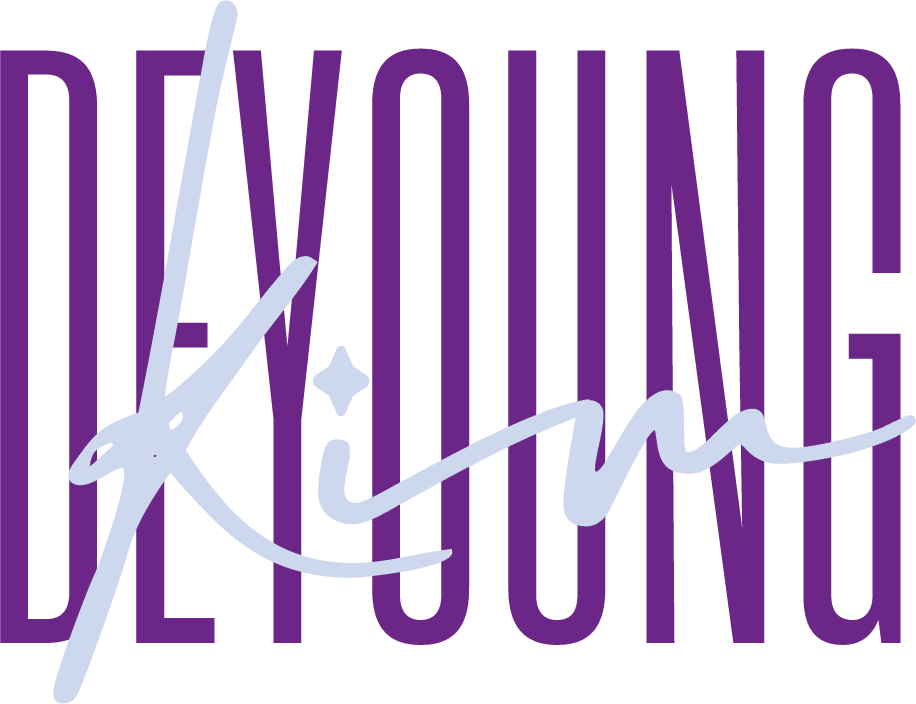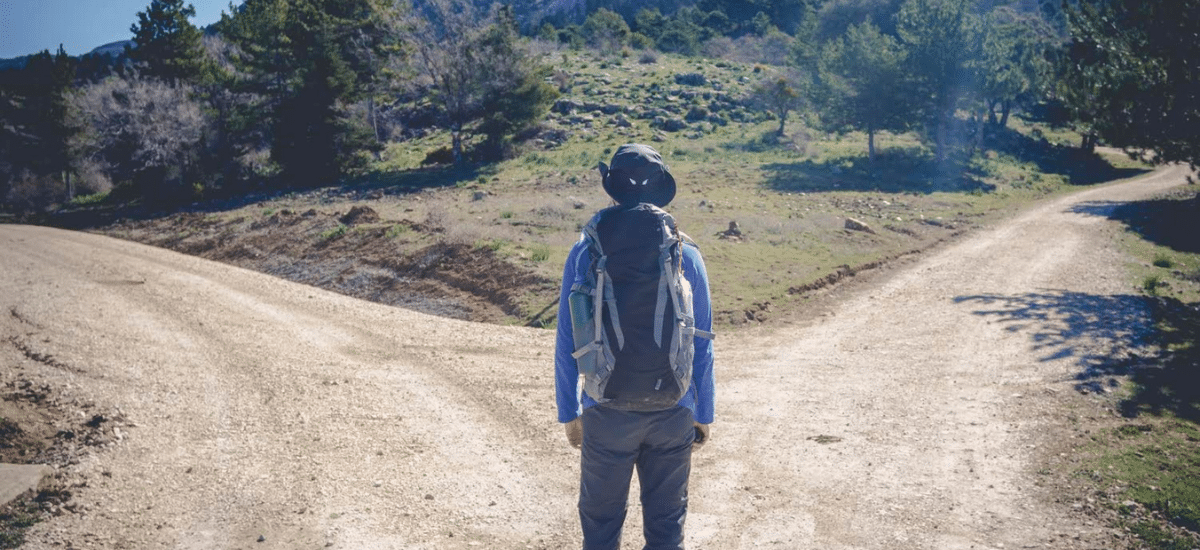I recently had a conversation with a young man in his early twenties.
“I feel like a loser,” he said.
He went on to share how he’s watching friends take higher-paying jobs than him and watching them live without the level of financial stress he’s challenged with.
“There’s nothing about you that’s a loser,” I stated vehemently, feeling the motherly instinct to reassure him, “you just made a different choice.”
**Here’s the background: At a crossroads a year ago, he and I discussed the pros and cons of two job opportunities. For the higher-paying job, he’d have a lot of autonomy, but he questioned the company’s stability. For the start-up, while the pay was much lower, he felt intrigued by the wide range of responsibilities he’d have and the possibility of making an impact as one of two employees.
I pointed out to him that we mapped out the details of each situation and he chose the start- up with great intentionality. He was eager to have the opportunity to be involved in every part of the business, and was willing to bootstrap it knowing money would be tight.
“Remember,” I reminded him, “you brought great thought to making your choice. Today, if you’d like, you can make a new choice.”
To open his thinking, I suggested a few options:
- If the stress is too high and you’re not satisfied with what you’re doing and learning, you can choose to look for a new opportunity and leave shortly.
- If the stress is high but you love what you’re doing and learning, you can choose to stay and look for a side hustle to bring in extra money.
- You can also choose to maintain the status quo for a finite period of time, doing what you can to lessen your expenses, owning that you’ll have to continue bootstrapping it during this time.
He decided to go with option 2— to stay and look for a side hustle.
Can you recall a memory of questioning a choice you made?
Like this young man, it’s possible you’ve spent countless hours ruminating upon whether your choices were right or wrong and how their consequences affected you along the way. You may wonder what could have been had you chosen a different path, causing you to feel self-doubt.
It’s natural when thinking about past choices to focus on a simple binary question: Was that choice good or bad?
This type of thinking is tied to judgment, shame and doubt, and can distract us from the abundant information that’s concealed within each choice.
Consider for a moment how you might have handled the situation at a younger age as well as how you might handle it with today’s knowledge.
* * *
Being able to participate in conversations like this one is an incredible privilege. In the nine years since I began speaking with people about their choices, the topic of choice is always at the forefront of my discussions. If you’d like to discuss a meaningful choice you’re navigating, please reach out.


